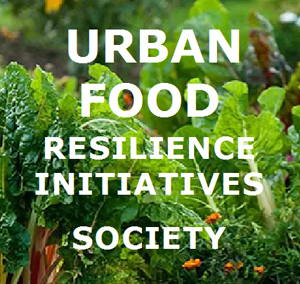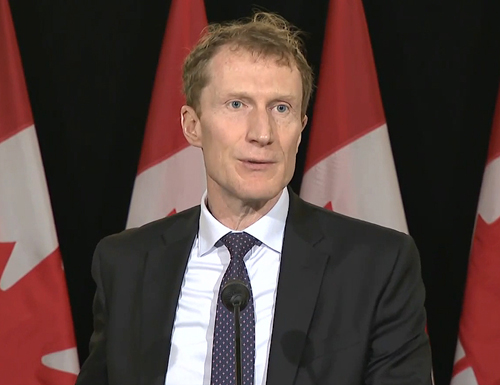Monday January 22, 2024 | VICTORIA, BC [Update January 23, 2024]
by Mary P Brooke | Island Social Trends
As a way to help moderate the impact on housing and social support infrastructure in Canada (such as the health-care system and immigrant support services), the federal government today announced maximums as to how many international students can receive acceptance at Canadian post-secondary institutions.
It’s important to note that the federal international student cap is on undergraduate programs only (typically 4-year programs at universities and 2-year programs at colleges). Masters and PhD students are not impacted by the cap. As well, the cap does not apply to international students at the elementary or secondary school level.
During Liberal cabinet retreat:
Today’s announcement came during the Liberal government’s cabinet retreat being held yesterday through tomorrow in Montreal.
The Liberal government is aiming to find ways to deal with the housing crisis (supply shortage), health-care crisis (physician shortage and hospital overload), and the overall impacts of inflation on the cost of living for most Canadians.
Various impacts:
For whatever range of reasons that post-secondary institutions across Canada have been otherwise underfunded, most if not all have turned to charging high tuition fees to students from other countries as a way to shore up revenues. This move today by the federal government will have a significant and almost immediate financial and administrative impact on universities and colleges — both public and private.

Arguably there will be cultural impacts as well, given that most campuses are considered to be enriched by the mix of backgrounds of people who attend Canadian universities and colleges from many other parts of the world.
Federal Immigration Minister Marc Miller today seemed to convey his realization of how much this will impact many people and institutions across the country, both in short-term and longer-term ways.
But the housing crisis and related cost-of-living aspects of people settling into Canada (whether temporarily or permanently) have become onerous in many ways in the past two years due to inflation and all its component parts.
Drop of 35%:
Miller said the cap will result in a decrease of 35% in approved study permits, for a period of two years. Canada will aim to approve around 364,000 new undergraduate study permits this year. The 2025 limit on new applications will be reassessed at the end of this year.
He said the move would allow them to address institutions and “bad actors” who are charging exorbitantly high tuition fees for international students, all while increasing the number of international students they are accepting.
Over 800,000 foreign students were in Canada in 2022, up from 214,000 a decade earlier.
The new measures are also meant to ensure the “integrity” of the system. Evidently there are some private institutions that promote post-secondary studies but do nothing to provide the range of supports required for a person to arrive in Canada and study here.
Provincial role:
Education is a provincial responsibility. Many post-secondary institutions — particularly in Ontario and BC — rely heavily on the revenue that is generated from international student tuition.
Population-related:
The federal government will allocate cap space by province based on population; some provinces will see a sharper reduction in the number of international students permitted.
Masters and PhD exempt:
Students applying to graduate level programs such as masters and PhD programs will be exempt from the cap.
“Those are the bright people we need to retain,” said Miller in his media availability today.
===== RELATED:
BC Minister of Post-Secondary and Future Skills comments on international student cap (January 23, 2024) / link to come






